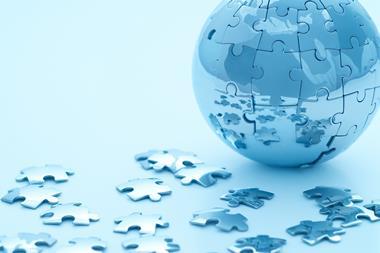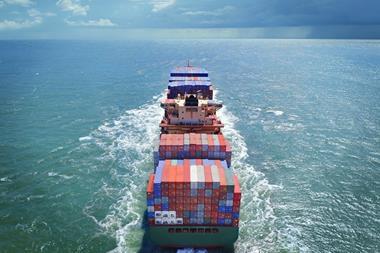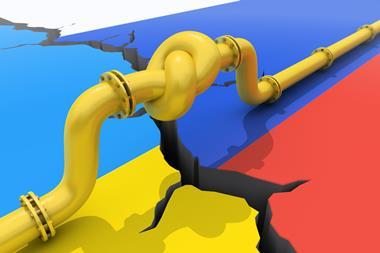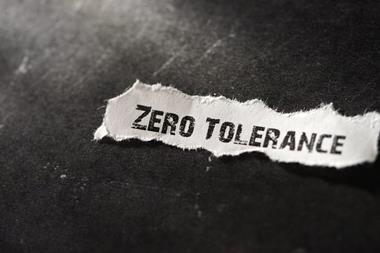Systemic risks affect entire markets - not just specific sectors - and are now top of mind for senior executives - WEF
The world is confronting multiple intersecting geopolitical events with highly unpredictable consequences.
Coming in the wake of the global COVID-19 pandemic, the Russian-Ukrainian war is disrupting global financial markets, food security and real economies.
Welcome to the new global systemic risk environment, warns Robert Muggah, co-founder, SecDev Group and Co-founder Igarape Institute, in an article for the World Economic Forum.
Getting to grips with systemic risk is now top of mind for senior executives worldwide. Systemic risks are especially nerve-wracking because of the way they affect entire markets, not just specific sectors or industries.
As we transition uneasily to a less cooperative multipolar world, governments and businesses are scrambling to reduce their risk exposure and increase resilience.
Amid signs of protectionism, some are moving to decouple supply chains. Assailed by pandemics, armed conflicts, cyberattacks and unpredictable weather, companies are setting-up strategic safety buffers, including stockpiling goods, and building-up their redundancies to shield themselves from future shocks.
The systemic risk of war
The most obvious systemic risk is the ongoing war between Russia and Ukraine. Among other things, it serves as a clarifying moment, exposing the downsides of global interdependencies.
Already, the war and accompanying sanctions are dramatically unsettling energy and food markets, with ripple effects likely to extend well into 2023 and 2024.
Since Russia and Ukraine are central players in global commodity markets, the war is triggering cascading impacts worldwide. These effects are not evenly distributed: emerging markets are suffering disproportionately and rising prices are driving social and political unrest.
The worst is yet to come, writes Muggah. “The longer the war drags on, the more global food security and social stability are threatened.”
Risk resilience
“Today’s most significant risks are neither abstract or remote – they are immediate and impactful. Geopolitical turbulence, including hot wars involving Russia and Ukraine, and cold ones between China and the US, has distributed worldwide as well as hyper-local consequences.”
“Yet systemic risks are proliferating faster than the systems in place to address them. Indeed, at a time of overwhelming complex global risks, multilateral institutions appear singularly under-prepared.”
Global risk governance requires the public and private sector to adopt measures to reduce risk exposure and cultivate a “mindset, capabilities and partnerships to strengthen risk resilience”, advises Muggah.
”At a minimum, governments and businesses need to be able to look over the horizon and better foresee future challenges and quickly capitalise on opportunities. This requires leveraging data and advanced analytics to forecast threats.
“Risk resilient organisations are also adept at managing risks through preparation, prevention, protection and, when necessary, pivoting.”
Some groups are doing this by applying a triple bottom line - he notes - one that emphasises profit, people and planetary considerations.
Yet risk minimisation is just the start. What is also needed is an approach to anticipating, adapting and responding to systemic risk.
”This requires a much greater emphasis on generating and sharing high-quality data and analysis, investing in ’just-in-case’ and ’friend-shoring’ supply chains, and designing-in and scaling resilience across all aspects of planning and decision-making.”




















No comments yet